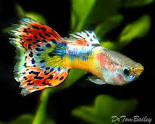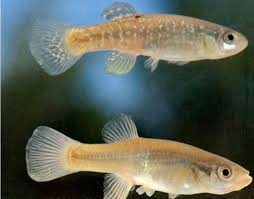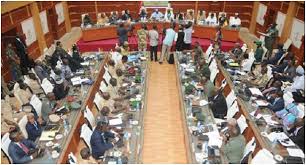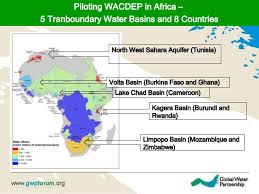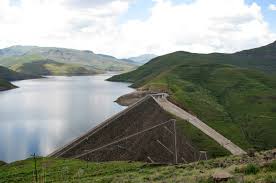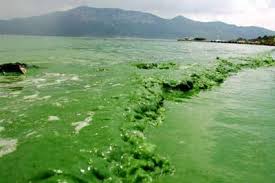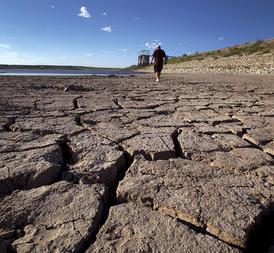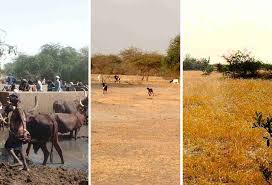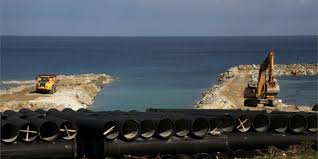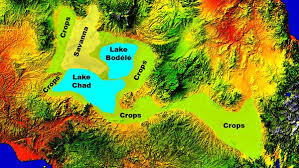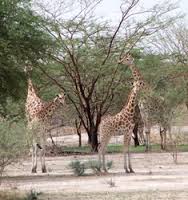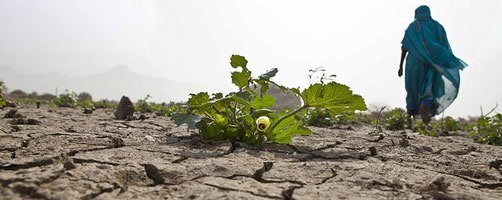
It seems inadequate to use poverty, hunger and suffering to describe the reality in the Lake Chad Basin. It’s noteworthy that this region in West Africa is the world’s most neglected and the worst humanitarian crisis since World War II. The populations in this region are trapped between insecurity and climate change.
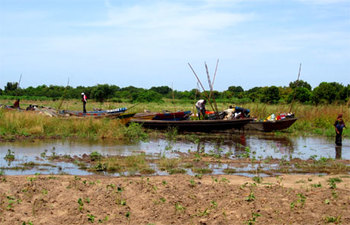
The crisis in this region, which covers parts of Nigeria, Niger, Cameroon and Chad, has left about 11 million inhabitants in dire need of humanitarian aid.
It is absolutely devastating to behold the human face of this crisis. Many people are internally displaced and hungry. And to exacerbate the problem, civilians, especially women and girls face unspeakable levels of insecurity and violence.
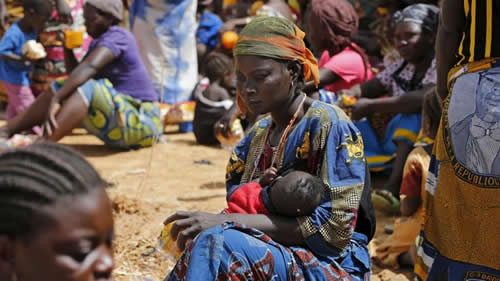
Civilians in that area are subjected to living with the daily threat of terrorist attacks, killings, kidnappings and rape. This crisis has displaced more than 2.4 million people, but there are not enough resources to meet the people’s most basic needs. These affected people either live in refugee or internally-displaced people’s camps, while others end up in urban centres. Without anything else to barter for daily necessities like food, sexual exploitation (a.k.a. sex-for-food) has become the order of the day, even in the camps.
The UN affirms the reality on the ground in the Lake Chad basin. This underscores the overpowering scale of this crisis, and the urgent and immediate need for humanitarian responses. In Primefield’s view, both short-term and long-term responses should be put in effect without wasting more time.
In order to find a sustainable solution to this crisis, people need to thoroughly understand the root cause of the crisis and what caused it to spiral out of control in the first place. Yes, we all know that frequent violence by armed groups like Boko Haram triggered the current crisis. However, they are not the root causes. The truth is that there have been long-standing developmental challenges, such as, decades of political marginalisation of this region’s communities and widespread inequality. The successive governments have not adequately invested in basic services like education and health care, and that has led the communities to feel left behind and alienated.
We can draw parallels to the frustrations some communities in the US felt before Trump and in the UK before Brexit, pushing them to extreme alternatives. Over time in the Lake Chad basin, the situation has implanted lack of trust and a deep sense of exclusion between the communities and the government. As if all these are not enough, the region also faces enormous environmental stress.
Droughts have become frequent and prolonged, meaning less water and arable land. The inhabitants of the Lake Chad Basin are predominantly pastoralists and farmers and they depend on Lake Chad for their survival. Less water in the lake means not only fewer jobs, but also extreme poverty.
There are increasing accounts of exacerbated tensions between fishermen, pastoralists and farmers. Joblessness and hunger make more and more young people vulnerable to recruitment by armed groups like Boko Haram. This feeds into the armed conflict with the government, which in turn contributes to displacement of people, both internally and cross-border.
Frankly speaking, climate change doesn’t convert people to terrorists, nor does it change law-abiding citizens to become criminals. But it does act as a threat multiplier, exacerbating existing risks and making it increasingly hard to work on solutions.
Food and water must be present in a stable society. The scarcity of these resources pushes people to become increasingly desperate. Imagine what young people can do, when jobs are not available. Some out of desperation opt to join armed groups, such as, Boko Haram, which promises steady salary and good food, when they recruit in fishing and farming villages.
Farmers complain of the dangers of wheat harvest season, as Boko Haram insurgents frequently raid to loot their harvest, in order to feed their soldiers. It is important to note that Boko Haram also provide basic services like education. In the absence of government-provided functioning schools and trained teachers, eager parents and children are drawn to their negative influence. Even though not everyone joins insurgency, the alternatives are still nothing to write home about. There are dangers of others drifting away into petty crime or more sinister, violent crime. In order to survive, girls and women are increasingly being pushed into prostitution.
The ongoing hunger, violence and the breakdown of law and order are not tragic coincidences. Rather, these factors are closely-related and one leads to the other and they jointly create a dangerous mix of suffering and social collapse.
Climate change can’t be ignored, while considering these factors, because it exacerbates the ugly catalysts of the crisis and fuels the fragility that has engulfed the Lake Chad Basin for years.
As both the UN, various governmental bodies and NGOs respond to the crisis, it is important to recognize that there will be a permanent resolution of the issues, only if we understand the negative effect climate change is having on these social stressors.
Any effective solution must address the underlying causes of the crisis, must be durable and sensitive to the environmental impact of climate change on the Lake Chad Basin.

